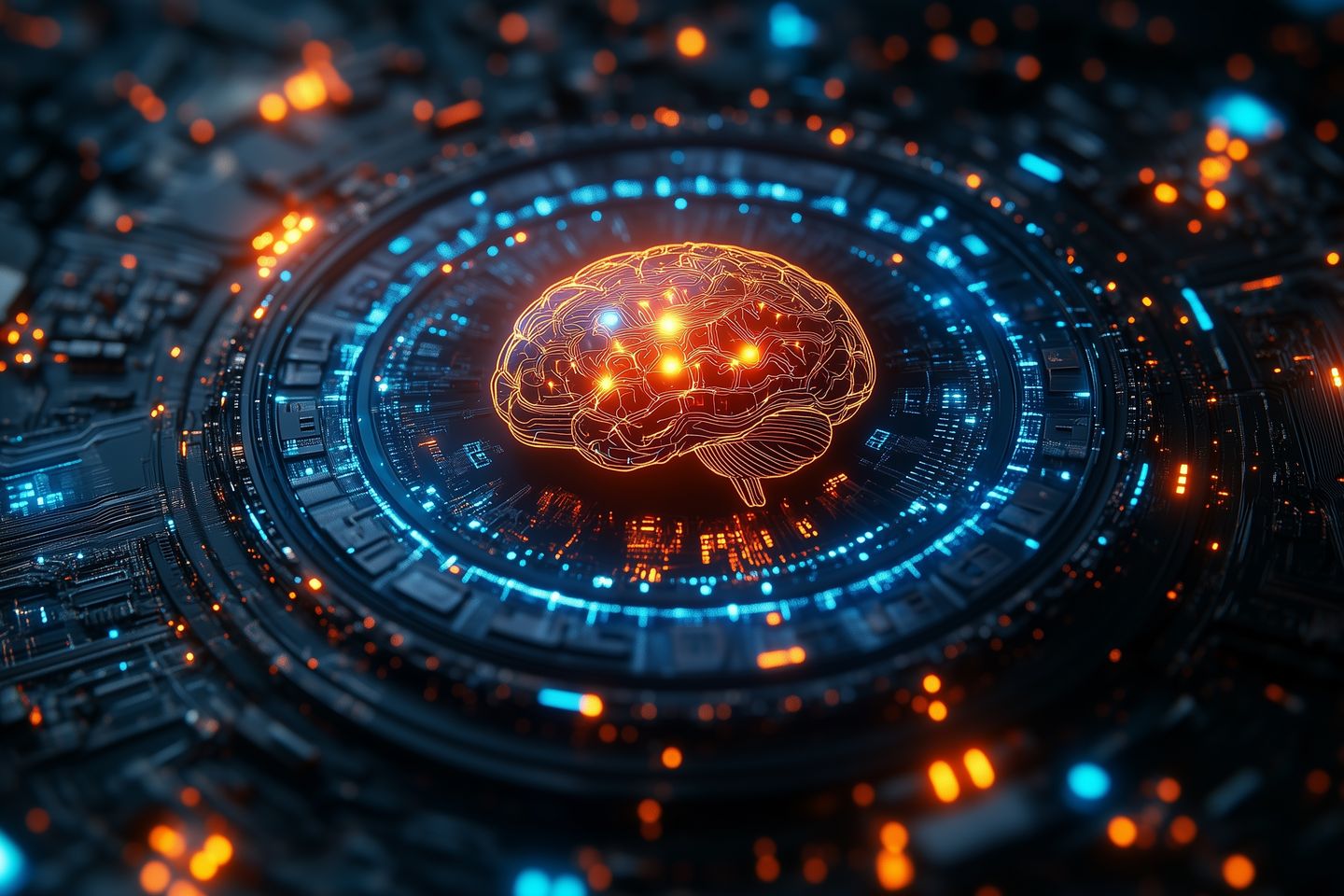In the ever-evolving world of artificial intelligence, the concept of superintelligent AI has grabbed the attention of many. One such individual who is closely involved in this realm is Dan Hendrycks, the director of the Center for AI Safety. He recently made an appearance on a show to discuss this intriguing topic, its implications, and the potential ramifications it could have for national security in the United States.
Hendrycks, an esteemed figure in the field of artificial intelligence, is known for his deep insight into AI safety and its numerous facets. The Center for AI Safety, under his leadership, has made significant contributions in addressing the safety concerns related to emerging technologies, particularly artificial intelligence. The Center’s work primarily revolves around conducting research and fostering awareness about the potential risks that superintelligent AI can pose to mankind.
During his recent appearance on the show, Hendrycks delved into the concept of superintelligent AI, its internal value systems, and the potential security implications it could have for the U.S.
Superintelligent AI, as the name suggests, refers to the type of artificial intelligence that surpasses human intelligence in virtually every aspect, from general cognitive abilities to practical skills. This form of AI, if realized, would not just be capable of performing tasks better and faster than humans but also possess the ability to self-improve and adapt to new scenarios. This is a concept that seems straight out of a science fiction novel but is increasingly being regarded as a real possibility within the scientific community.
Hendrycks went on to discuss the internal value systems of superintelligent AI. These values, as he explained, would not be human values but would be determined by the AI’s programming. This raises a host of ethical and safety questions, as it is not guaranteed that these AI values would align with human ethics or societal norms. It is important to ensure that the AI’s values are not just beneficial but also safe and compatible with human society.
The emergence of superintelligent AI could have far-reaching implications, and one of the most significant areas of concern is national security. Hendrycks argued that the advent of superintelligent AI could potentially pose a threat to the national security of the U.S. This is because superintelligent AI could be used maliciously, either by rogue states or non-state actors, to disrupt the established order or carry out cyber-attacks.
Moreover, if a state manages to develop superintelligent AI before others, it could potentially use this technology to its advantage, leading to an imbalance in global power dynamics. This could potentially lead to a new kind of arms race, where countries rush to develop their own superintelligent AI to avoid being left behind.
Hendrycks stressed that it is crucial for the U.S. to stay ahead of the curve in the development and regulation of superintelligent AI. He suggested that the government should invest more resources into AI safety research and develop robust regulatory frameworks to mitigate the potential risks associated with superintelligent AI.
He also emphasized the need for international cooperation in this field. Given the global nature of the internet and the potential transnational impact of superintelligent AI, it is imperative that nations work together to establish common rules and standards.
The discussion with Hendrycks provided a thought-provoking exploration of superintelligent AI and its possible implications. It highlighted the need for a more nuanced understanding of this emerging technology, its potential risks, and ways to mitigate them.
As artificial intelligence continues to evolve, the concept of superintelligent AI is no longer a distant dream but a looming reality. It is crucial that researchers, policymakers, and the public understand and prepare for the potential challenges and opportunities that this technology could bring. While superintelligent AI holds immense potential for advancing various fields, its safe and ethical use is paramount.
In conclusion, Dan Hendrycks’ insights offered a comprehensive perspective on the topic of superintelligent AI. His discussion underscored the importance of AI safety, the ethical implications of AI’s internal value systems, and the need for proactive measures to ensure national security. As the director of the Center for AI Safety, Hendrycks’ expertise and wisdom are invaluable in navigating the complex terrain of artificial intelligence and its potential impact on society. His conversation served as a wake-up call for the need for more research, better regulations, and global cooperation in the face of the rise of superintelligent AI.









